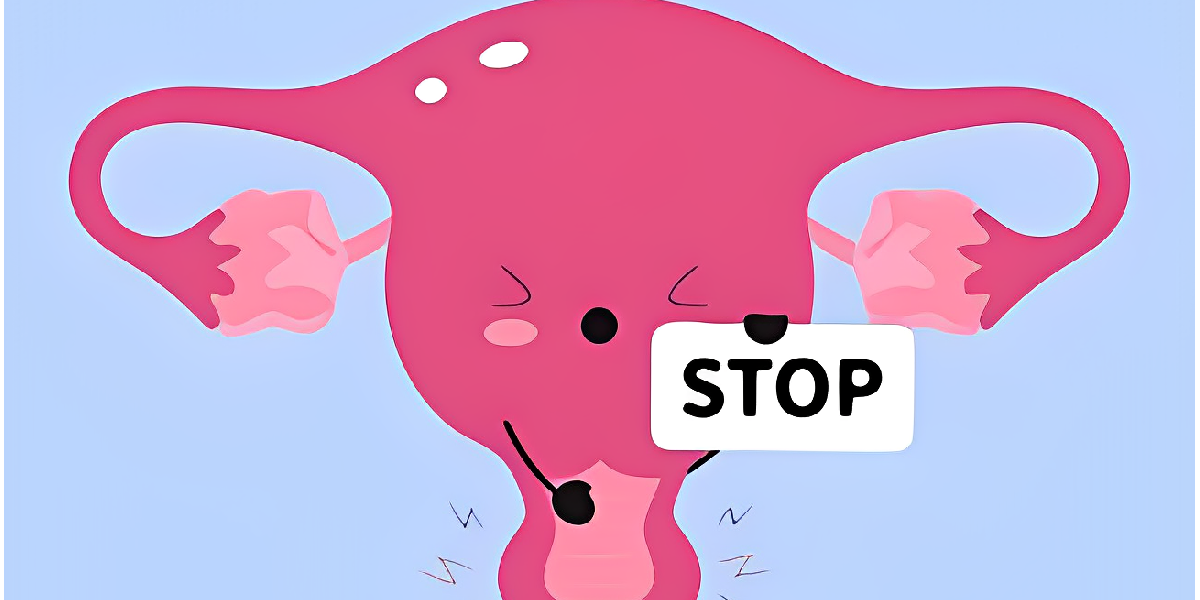© Copyright 2018. All Rights Reserved.
Understanding Asthenozoospermia: A Challenge to Male Fertility
-2023-12-06-65706b64d0b04.png)
Asthenozoospermia is a condition characterized by reduced sperm motility, posing a significant obstacle to couples striving to conceive. The journey toward parenthood can be hindered by this condition, impacting natural conception. However, various strategies and approaches exist to combat asthenozoospermia and improve fertility outcomes.
What Causes Asthenozoospermia?
Genetic Factors
Genetic predispositions can significantly affect sperm motility. Variations in genes associated with sperm function might lead to reduced motility, influencing fertility.
Lifestyle and Environmental Influences
External factors like smoking, excessive alcohol consumption, exposure to environmental toxins, and stress can impair sperm motility. Unhealthy lifestyle choices and environmental pollutants contribute to this condition.
Impact on Fertility
The decreased motility of sperm cells directly impacts fertility. The ability of sperm to reach & fertilize an egg is hindered, affecting the chances of conception.
Diagnosing Asthenozoospermia
Semen Analysis
A comprehensive semen analysis is the primary diagnostic tool. This analysis evaluates parameters such as sperm count, morphology, and motility, aiding in diagnosing asthenozoospermia.
Additional Tests
In some cases, additional tests, including hormone evaluations and genetic screenings, may be recommended to identify underlying causes.
Strategies for Combatting Asthenozoospermia
-2023-12-11-657740470a8d1.png)
Lifestyle Modifications
Simple lifestyle changes can significantly impact sperm motility. A balanced diet, regular exercise, avoidance of toxins, and stress management play a pivotal role.
Medical Interventions
Various medical treatments, including assisted reproductive techniques (ART), medications targeting specific sperm issues, or surgical procedures, may be suggested based on individual cases.
Natural Approaches and Success Stories
Diet and Nutrition
Incorporating foods that have rich antioxidants, vitamins, and minerals can enhance sperm quality and motility. Supplements like coenzyme Q10 and L-carnitine may also prove beneficial.
Exercise and Stress Management
Regular physical activity and stress-relief techniques can improve overall health, potentially positively impacting sperm motility and fertility.
Success Stories
Real-life success stories of individuals overcoming asthenozoospermia through different strategies can offer hope and inspiration to others facing similar challenges.
Holistic Approaches and Future Prospects
The Alternative Therapies are
Exploring alternative therapies like acupuncture, herbal supplements, or traditional medicine can complement conventional treatments for asthenozoospermia.
Need for Psychological Support
Addressing the emotional impact of fertility struggles is crucial. Counselling and support groups provide valuable assistance to couples navigating this journey.
The Research Advancements are
Ongoing research in reproductive medicine offers promising avenues for managing and overcoming asthenozoospermia, promising hope for improved fertility treatments.
Final thoughts,
-2023-12-06-65706e1aa7047.png)
Combating asthenozoospermia and achieving successful conception often involves a multifaceted approach, including lifestyle modifications, medical interventions, natural strategies, and psychological support. Understanding this condition's complexity and adopting a holistic approach can significantly improve outcomes and offer hope to those affected.
Tags:
#AsthenozoospermiaRecent Post
-

Intrauterine insemination (IUI) Success Tips: Enhance Your Fertility
-

The Connection Between HCG Hormone and Pregnancy: Explained in detail
-

Embracing Sensuality with Vaginismus: Strategies and Support
-

Understanding Endometriosis: Symptoms, Causes & Management | Guide
-

Decoding Erectile Dysfunction: Insights, Remedies, and Resource & care





